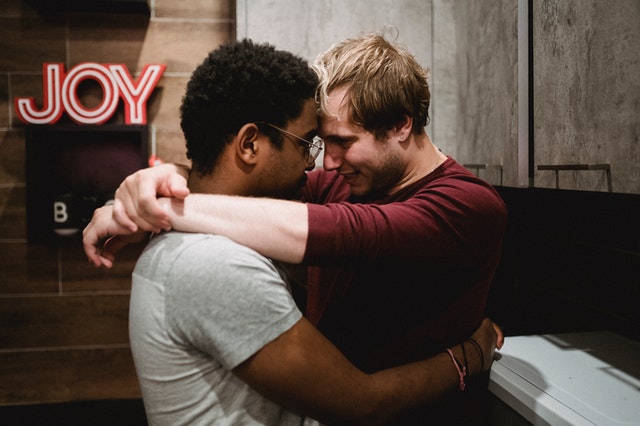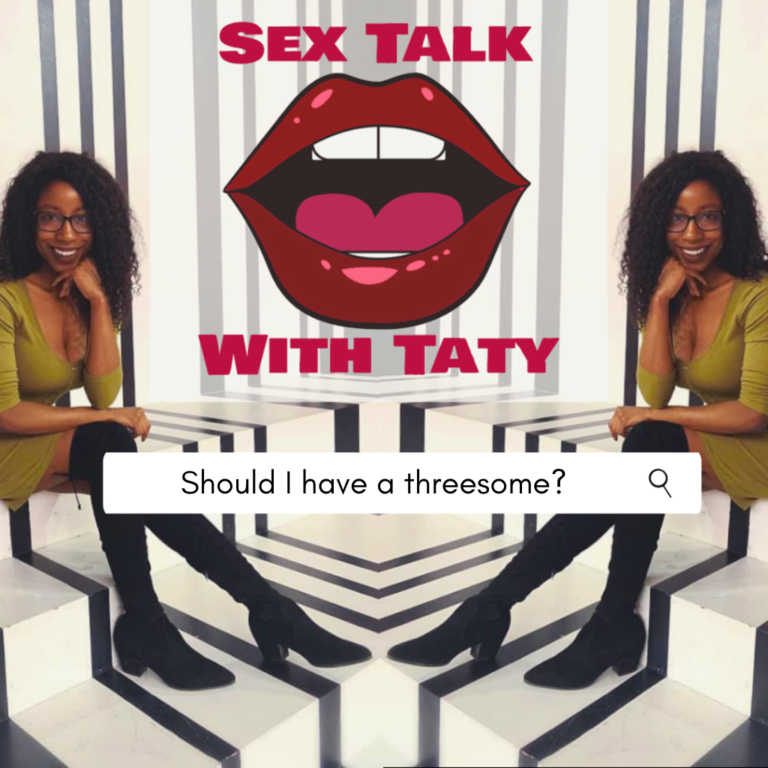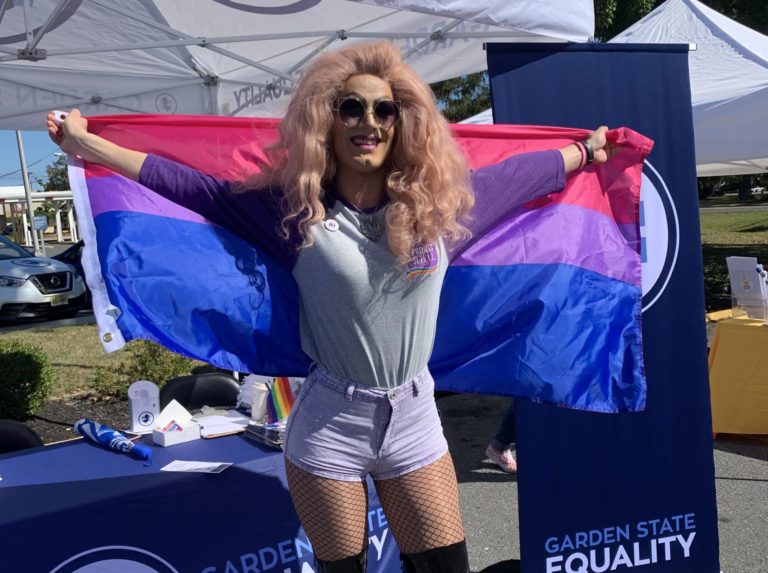The Power of Everlasting Love
Love is a give-give proposition, and everlasting love becomes 100% give on each side. The nature of love is to pour out, it wants to give. Love is being flexible. Couples who have achieved everlasting love don’t tuck each other away in an ivory tower until it is convenient to be together. I know of one sad pair who only made love at 4 o’clock on Sunday afternoons because it suited one spouse’s schedule. Do you think they stayed together?
Eventually one began to play around on the other until it looked as though infidelity broke up their marriage. When two people are bound by everlasting love, they care enough
to consider each other’s needs and bend a little. To paraphrase a well-known allegory, the trees that can bow with the strongest breeze will survive any storm.
What love is not.
Love is not handed to you on a silver platter. It is not automatic. If it were, it wouldn’t be love. The very nature of love is that we grow into it. Love has a high value because it is an investment.
Love is not to be taken for granted. All too many couples give up trying when they have won each other; that’s the very time to continue courting in new ways. Love is a precious gift that we earn, and anything we earn is all the more dear to us. You would not take a new car for granted; no, you keep up the maintenance for as long as the car lasts. Your everlasting love will need the same upkeep if you don’t want to lose it.
Love is not a fleeting moment. It is not something you have one day and lose the next. We quest so for love because of its enduring quality and its ability to grow if nourished.
The Ingredients of Everlasting Love.
Like a good soup, love is made of many ingredients that blend just right. No one single element can serve as the whole meal. And it’s hard to find a good soup recipe, isn’t it? It needs special spices and maybe an unusual ingredient or two, like lotus root or exotic mushrooms. Even everyday potato soup has carrots, onions, garlic, salt; just the
right seasonings.
Let’s look at the ingredients in our love-potion soup. If you went to a sorcerer to help you find everlasting love, you would ask the magician to cook up the following:
Friendship.
If you cannot rely on the person you love, then that person is not worthy of your love. And if your partner cannot count on you, you are not in everlasting love. Friendship means being able to say anything to your partner because you have that ease of “best buddies”. Best friends never take advantage of each other; they are there to help one another.
Any good partnership includes the same love you have for a best friend.
Trust.
I am fond of an old — and trusted — axiom, that goes like this: “People who cannot trust should not be trusted”.
Distrusting people are often deceitful. I have found this to be a reliable measuring stick on the trust issue. But my rule-of-thumb is to give people the benefit of the doubt unless they prove otherwise. You cannot truly be connected to someone you cannot trust. That warm, mellow feeling we experience when we trust each other is a large part of everlasting love. Peace-of-mind in a relationship is vital to its stamina. And trust, like anything worthwhile, is something we earn over time, gradually.
Respect.
As with trust, respect must be earned as well. It isn’t automatic, although the seedlings of it may be there in the beginning of your relationship. Whether it can grow and blossom will determine the depth of your involvement. Respect can also diminish over time, and it is one of the most common reasons for ending a relationship. You must also respect yourself
before someone else will respect you.
Passion.
Yes, that all-consuming feeling of pure lust, euphoric, overwhelming, distracting, beautiful thing we call passion can be spontaneous or it can come on gradually, too. Passion either grows or it dissipates. Passion grows when you can be uninhibited with each other. And you break down any barriers by communicating. Passion fades when you have resentment,
anger or contempt for your partner. Once again, here is an area that cannot be neglected or taken for granted in a relationship. Keep it alive by constantly creating new and exciting things to do together.
Communication.
You cannot feel safe in a relationship without communication. You have to know where you stand, and you owe it to your partner to tell him or her the same. Knowing each other is the prerequisite to happiness in all areas. Communication is like that magic spice that brings out the flavor of all the other ingredients. Hey, that includes sex! Let your partner know it is safe to talk about fantasies and to explore them. Good communication can unleash strong creative energy between you and your partner. And with good communication, you can let your hair down and talk about anything. Not only does it enhance your partnership, it takes a big chunk out of everyday stress.
Love.
Growing with the power of love. Love heals. It can heal you, and it can heal your partner. Then the two of you together are like a new being, free to experience the present and future in all its possibilities, unhampered by the wounds of past relationships. Let’s take a closer look at three domains of love.
Self love.
The love of self is not conceit; conceit can be a lack of self-love or delusion about one’s self in relation to others. I like what spiritual author Deepak Chopra says about love, because it fits into the meaning of loving and valuing one’s self and self- worth: “You know that you have fully experienced love when you turn into love.” You become love by first loving yourself.
What we often don’t realize is that no reason exists for not loving yourself. It ultimately doesn’t matter what you were told as a child by others. You can work through your past and let go of it or you can hang on to it. But on your deathbed, it will be how much you have loved yourself and others that counts.
Self-love issues account for crime, misery, poverty. No one should be without his or her own love. You are first your own best friend and your own support. You couldn’t do anything without your own love and support to back you up.
It pays to take your needs seriously. Do special things for yourself that you may have postponed until you are in a relationship. Buy yourself candy or special treats. Give yourself a bubble bath each day, go to the beach, rent classic movies, or get a massage. Get to know you and how to pamper you. Any love you experience beyond that will only be greater. You must love and care enough about yourself to begin healing your own wounds.
Then the right partner can work together with you on bringing out more of your own love, just for you.
Loving your partner.
When you have invested in you and in loving yourself more, you have that commodity to bring to a relationship. Loving your partner is ongoing. Everlasting love means continuing to demonstrate your affection and devotion from day one until the end of time. Show each other that love is the meaning of life. One young man, a college student named Bob, said to his girlfriend Anne: “You know I love you, you shouldn’t have to be told.” To the contrary, you and your partner cannot tell each other often enough how much you care for each other. It has taken Bob a few months to realize that love is about expression: saying it, showing it, acting it out. One of the best ways to communicate love is through giving
emotional and appreciative compliments.
Loving each other.
Everlasting love is a give-give relationship. And two givers have to be two receivers, also. If two “takers” enter a union, they will only drag each other down and beat each other up. And a “taker/giver” union won’t last either. It may work for a while, but eventually the giver will run dry and resent not having his or her needs met as well. But two givers going into a relationship will have unity. They know the balance of giving and receiving. Take something as simple as giving a compliment. Compliments are vital in a relationship. It can make a world of difference in your day when your partner looks at you and says: “I desire you as much as the day I met you.”
And giving is an ongoing thing. For instance, it can be just as important to give each other trinkets, for no particular reason, than it is to lavish your partner on holidays, anniversaries or birthdays. People love to be surprised, especially with little things that mean so much. One friend of mine collects unusual rocks for a garden the way some people grow flowers. She loves it when her husband brings home a crystal or mineral for her collection, especially if he takes the time to learn something about it. Most important of all, giving of your time to each other has a priceless value on it. Our allotted time on this planet is so precious.
And when that time runs out and we are ready to move on to the next dimension, it is the memories we have created here on earth that we will be thinking about. It is never too late to begin creating more loving memories with the people we care most about. At the end
of your life, you won’t be thinking about your bank account, the stock market, or business competition. But you will want to hold loving relationships and their memories close to you.


















































